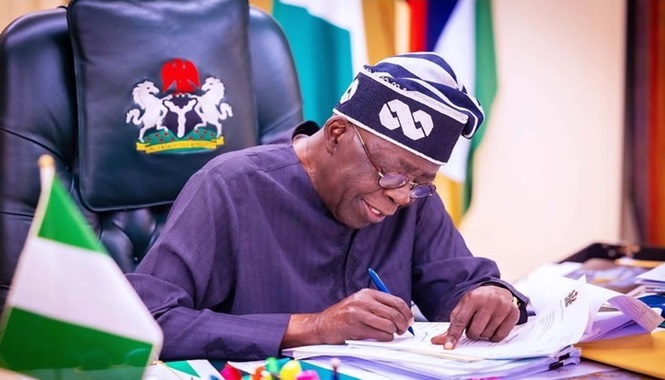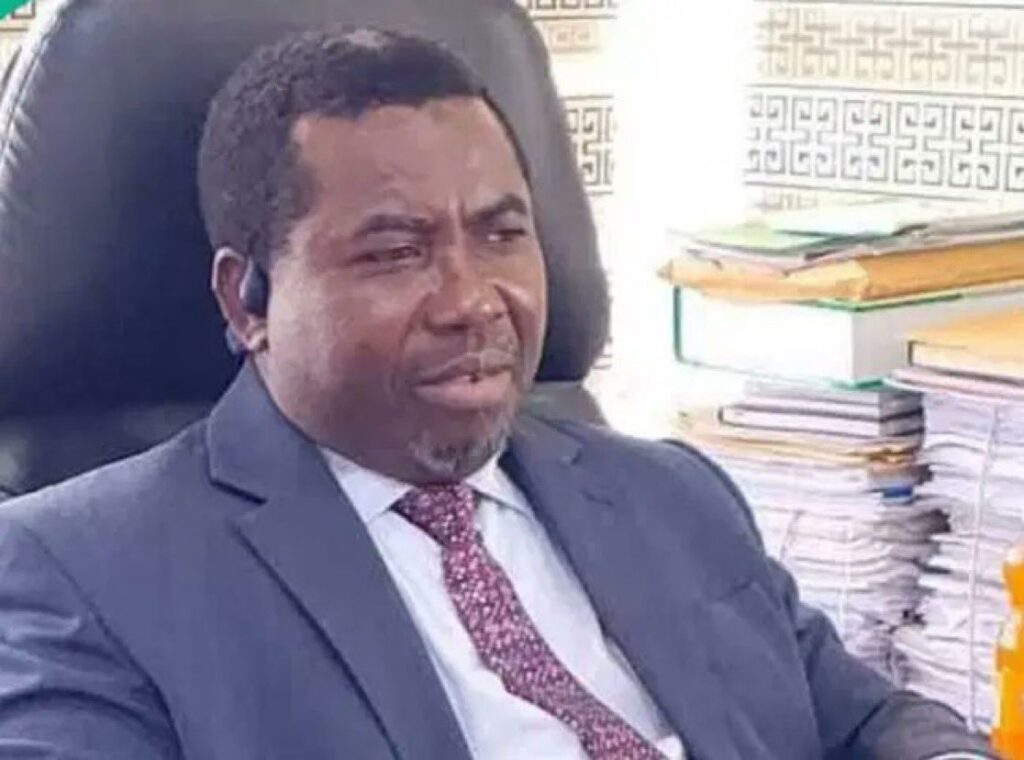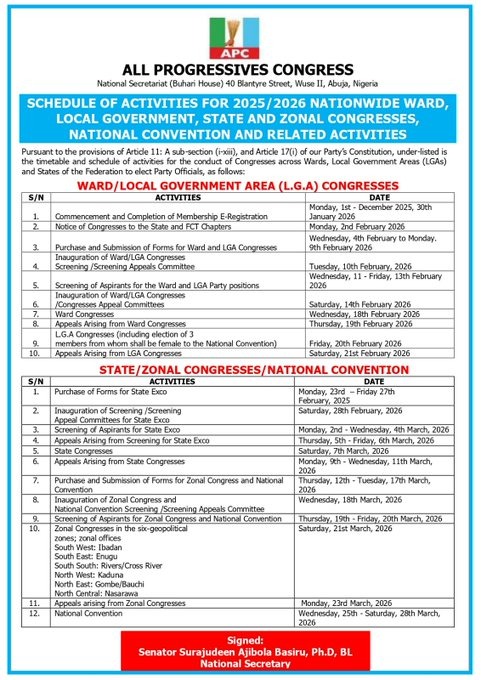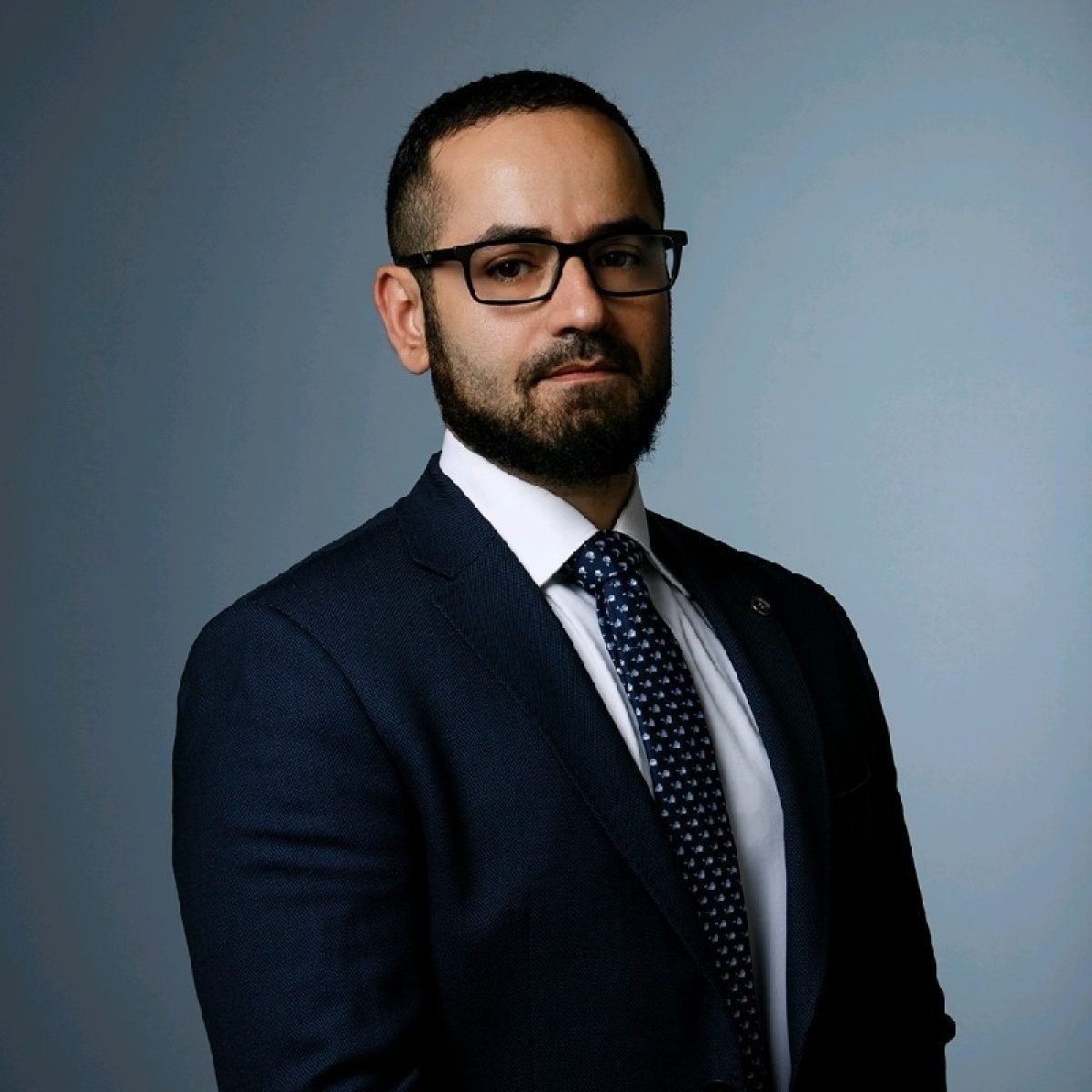Hope Practically Renewed as President Tinubu Signed South West Commission Into Law

President Bola Tinubu has officially enacted the South-West Development Commission (SWDC) and South-South Development Commission (SSDC) bills, marking an important advancement in Nigeria’s efforts to foster regional development and fairness.
The announcement of the signed bills was made by Senate President Godswill Akpabio during a plenary session, finalizing the creation of dedicated development commissions for all six geopolitical zones in the country. The North-West Development Commission and South-East Development Commission were established earlier in July 2024.
The SWDC and SSDC are tasked with improving infrastructure, economic development, and social welfare in their respective areas. Their objectives include enhancing transportation networks, encouraging entrepreneurship and innovation, and improving access to quality education, healthcare, and social services.
“This is a significant moment for our nation,” stated President Tinubu. “The formation of these commissions reflects our dedication to fostering regional development and fairness, ensuring that all Nigerians can access the same opportunities and resources.”
The SWDC and SSDC are anticipated to make a substantial difference in the development of the South-West and South-South regions. Their concentration on economic growth and infrastructure development is expected to generate new job opportunities, lower unemployment and poverty rates, and enhance citizens’ overall quality of life.
“We are enthusiastic about the potential these commissions have to spur growth and development in our areas,” expressed Senator Olamide Osoba from Ogun State. “We are dedicated to collaborating with the commissions to ensure they fulfill their objectives and positively influence our communities.”
The establishment of the SWDC and SSDC is also expected to encourage regional balance and fairness, ensuring that every area receives an equitable share of resources and opportunities. The commissions will collaborate with various government agencies, private sector organizations, and civil society groups to reach their goals.
Although the creation of the SWDC and SSDC is a significant achievement, challenges remain. The commissions will require considerable funding to fulfill their mandates and must maintain transparency and accountability in their operations.
Nonetheless, with the enactment of the SWDC and SSDC bills, Nigeria has taken a significant step toward achieving its developmental objectives and fostering regional equity. As the country continues to evolve, the importance of these commissions is expected to grow.







